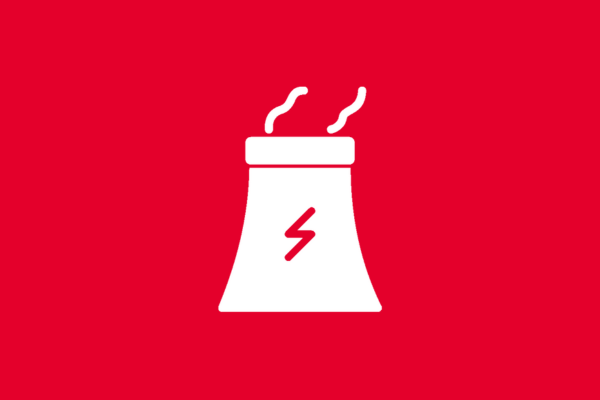1. Basic methods of heat sharing: conduction, convection, radiation, composite heat transfer.
2. Stationary heat conduction in a plane wall. Temperature field and heat flow through a plane wall.
3. Stationary heat conduction in the cylindrical wall. Critical radius of the cylindrical wall. Critical radius of isolation.
4. Non-stationary heat conduction.
5. Heat sharing by convection, determining the coefficient of heat transfer by convection
6. Heat sharing by radiation – methods of determining directivity indices. Stretched thread method.
7. Classification of fuels, basic principles of fuel combustion, fuel valuation and interchangeability of fuels
8. Classification of heat exchangers. Importance of heat exchangers, energy saving, fuel saving, degree of recovery, increase in combustion temperature, increase in aggregate performance.
9. Thermal calculation of recuperators, determination of thermal efficiency of co-flow and counter-flow.
10. Hydraulic calculation of recuperators. Frictional pressure losses, local and geometric.
11. Specific types of recuperators. Operating conditions.
12. Regenerators: Thermal calculation. Amount of heat transferred. Heat transfer coefficient. Hydraulic calculation. Pressure losses. Types of regenerators.
2. Stationary heat conduction in a plane wall. Temperature field and heat flow through a plane wall.
3. Stationary heat conduction in the cylindrical wall. Critical radius of the cylindrical wall. Critical radius of isolation.
4. Non-stationary heat conduction.
5. Heat sharing by convection, determining the coefficient of heat transfer by convection
6. Heat sharing by radiation – methods of determining directivity indices. Stretched thread method.
7. Classification of fuels, basic principles of fuel combustion, fuel valuation and interchangeability of fuels
8. Classification of heat exchangers. Importance of heat exchangers, energy saving, fuel saving, degree of recovery, increase in combustion temperature, increase in aggregate performance.
9. Thermal calculation of recuperators, determination of thermal efficiency of co-flow and counter-flow.
10. Hydraulic calculation of recuperators. Frictional pressure losses, local and geometric.
11. Specific types of recuperators. Operating conditions.
12. Regenerators: Thermal calculation. Amount of heat transferred. Heat transfer coefficient. Hydraulic calculation. Pressure losses. Types of regenerators.
